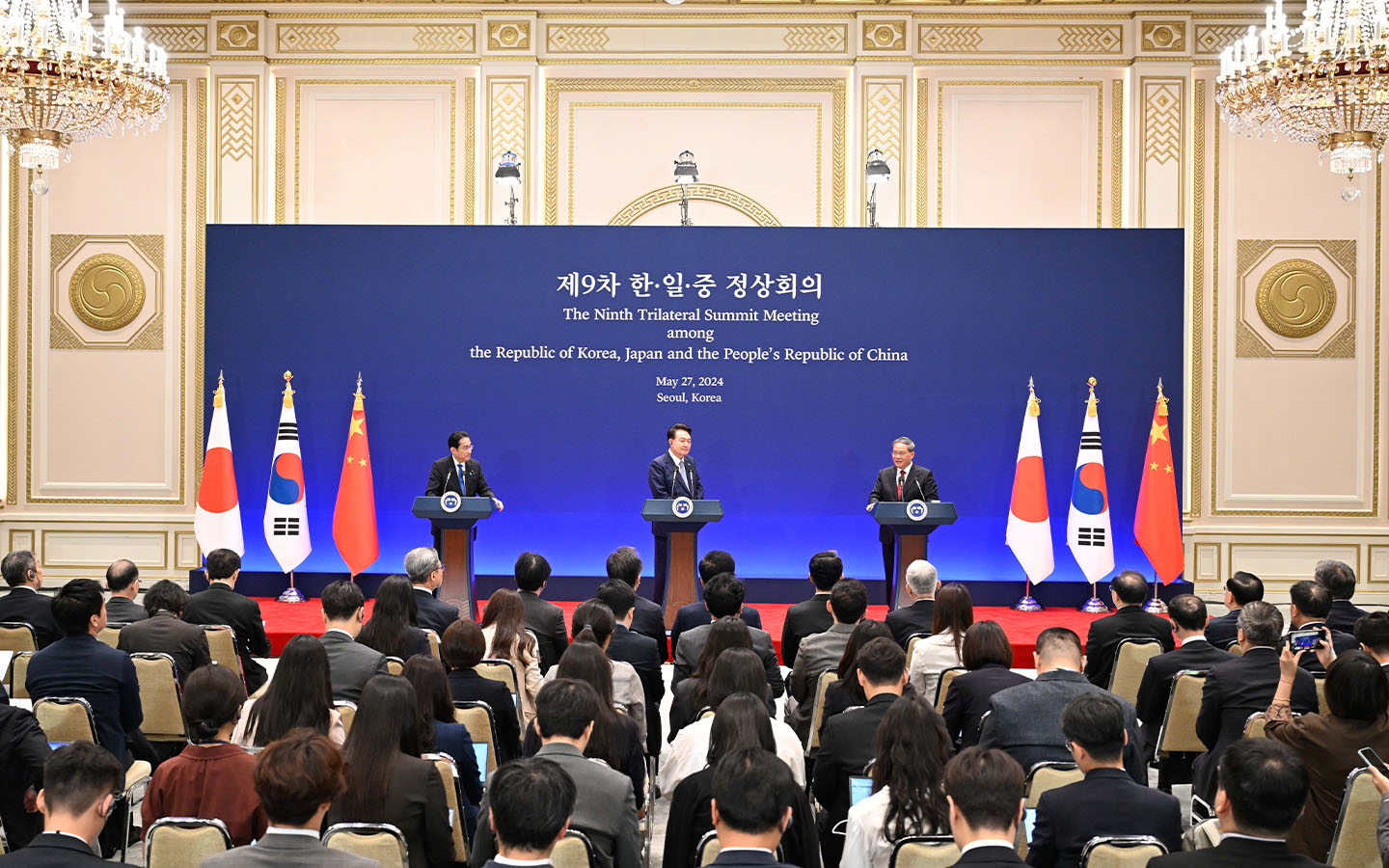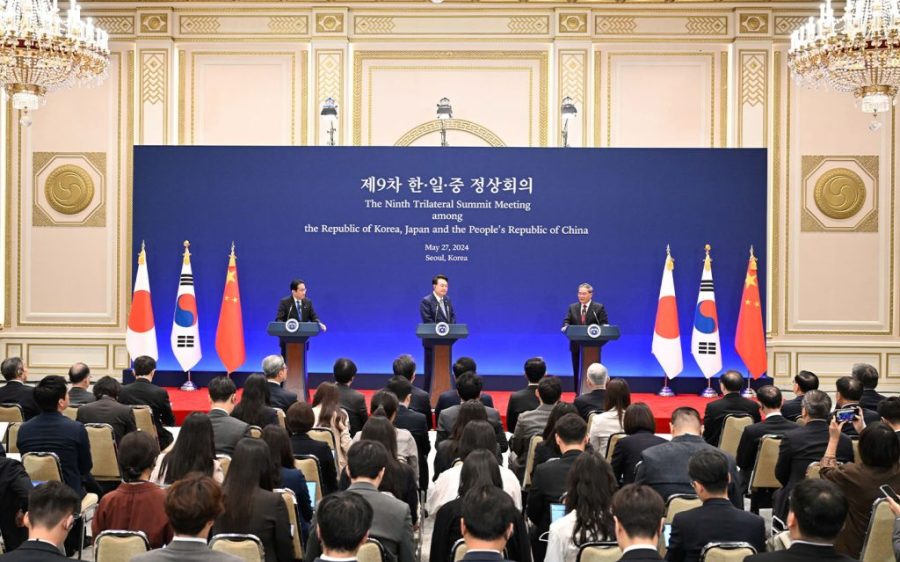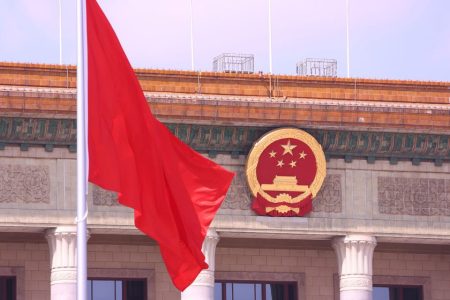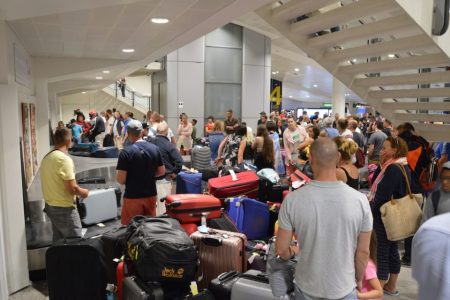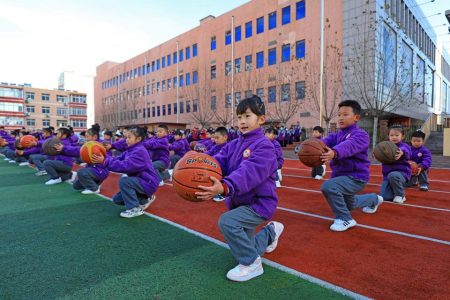The leaders of China, Japan and South Korea have ended their first trilateral summit since December 2019 without substantial breakthroughs, according to multiple media reports.
During the meeting, which concluded in Seoul yesterday, Chinese Premier Li Qiang urged Japanese Prime Minister Kishida Fumio and South Korean President Yoon Suk-yeol to work together with China and cooperate in promoting free trade and globalisation, rather than encouraging protectionism and other restrictive economic measures.
The meeting saw the leaders reach a number of agreements, and commit to further high-level exchanges, but there were no landmark deals.
The countries said that they would “keep discussions for speeding up negotiations for a Trilateral Free Trade Agreement,” and would cooperate to secure a “free, open, fair, non-discriminatory, transparent, inclusive, and predictable trade and investment environment.”
[See more: China and South Korea are to resume free trade talks]
The issue of climate change was also recognised in a joint declaration issued after the summit, with the three sides stating that they would cooperate to reach carbon neutrality and fulfil the goals of the Paris Agreement.
The summit took place in context of rising tensions between Beijing and Washington, which regards Tokyo and Seoul as its allies. The US, Japan and South Korea held a high-level summit last year at Camp David.
Washington has also imposed punitive tariffs on Chinese products such as electric vehicles and batteries, as it seeks to hinder the economic rise of its close rival.
Japan is next in line to hold the trilateral summit, although no date has been announced.
